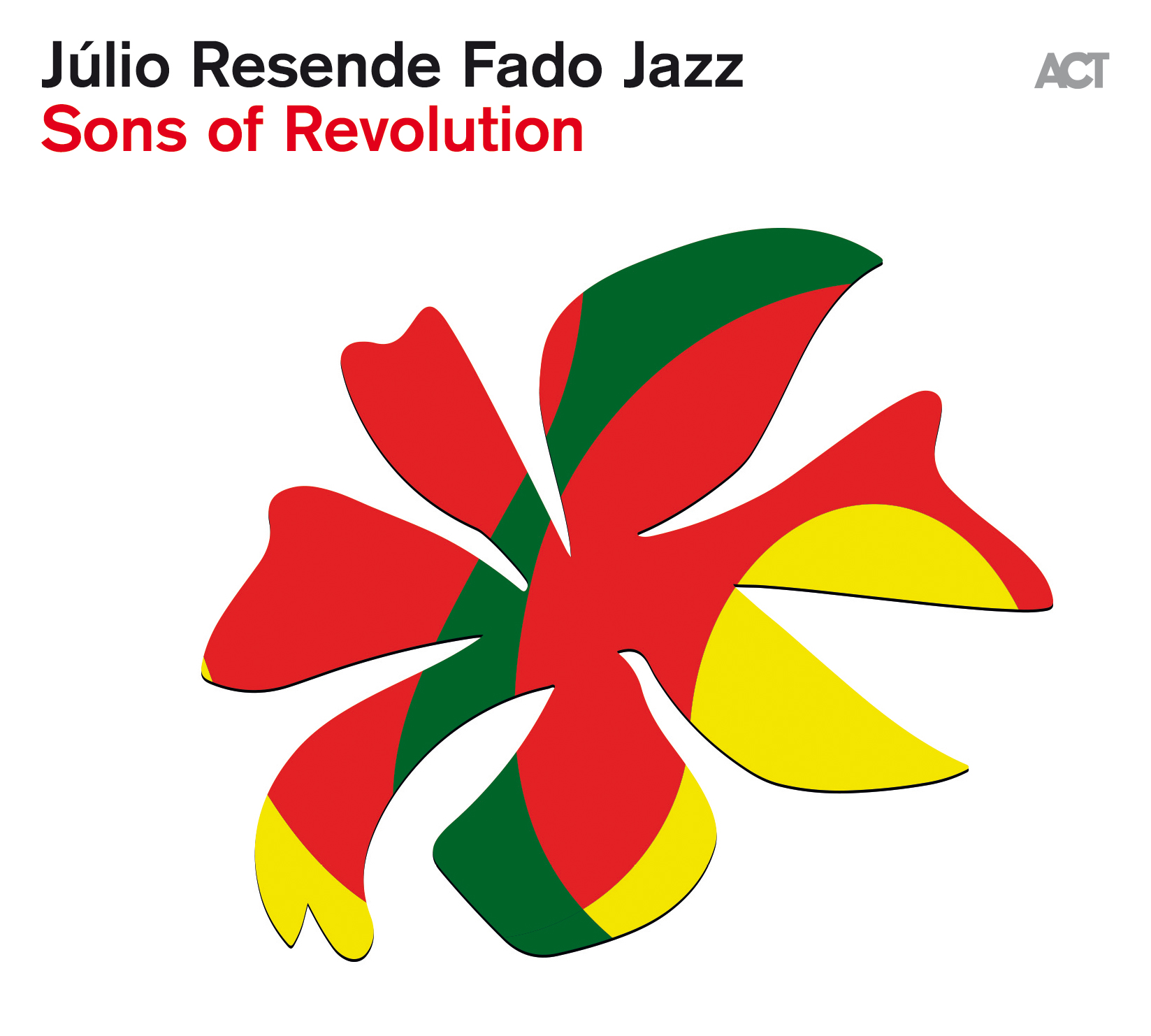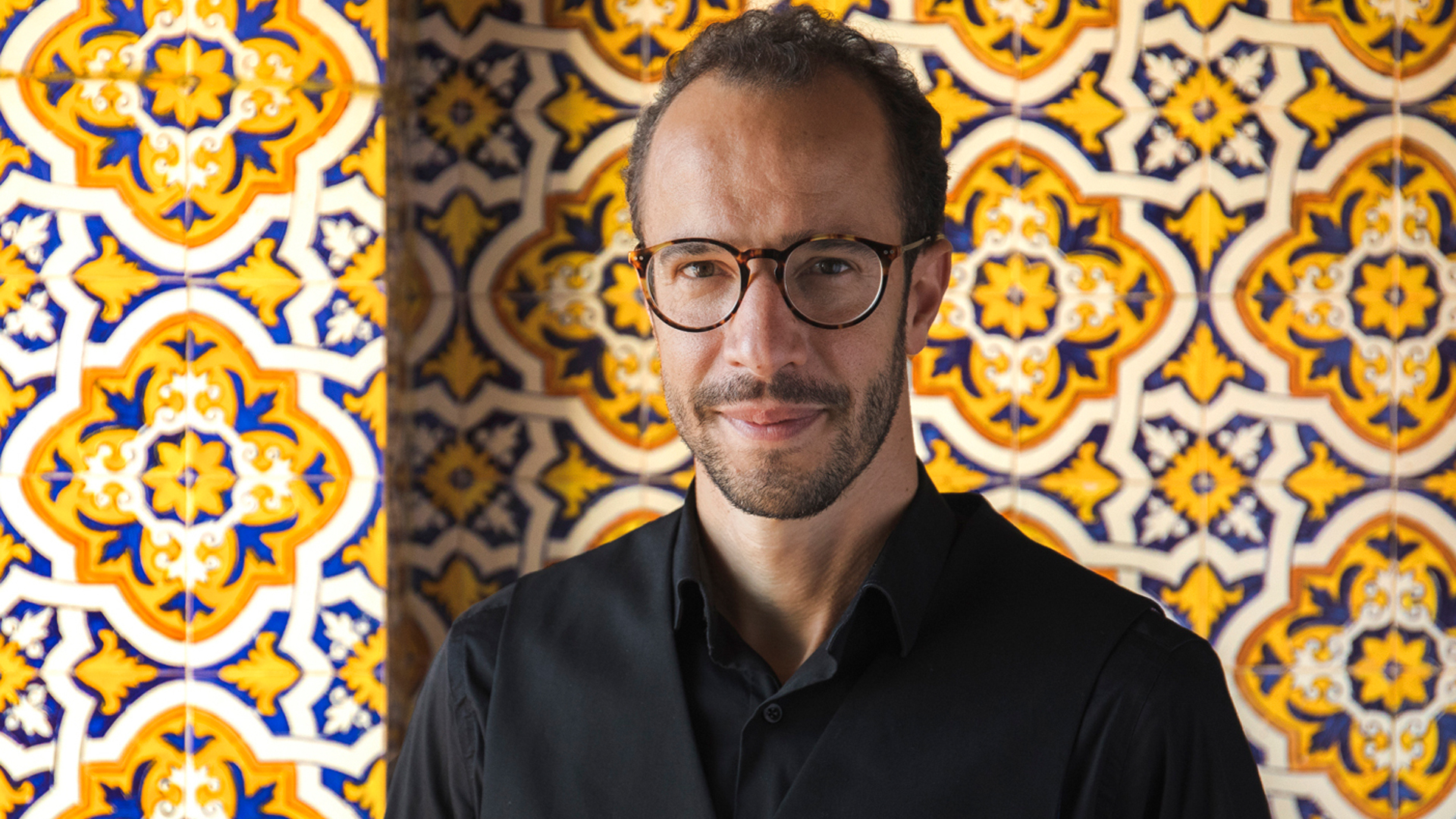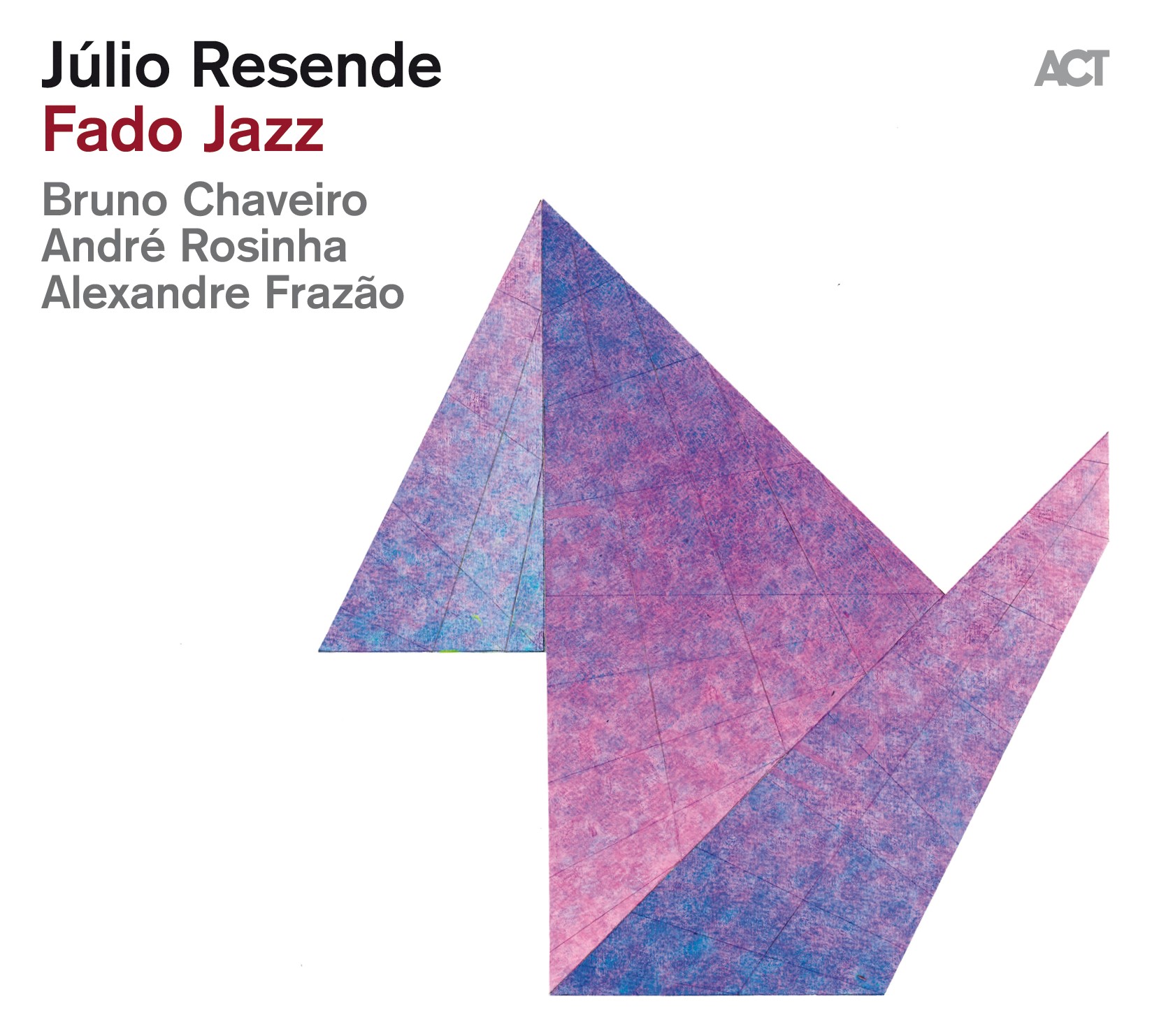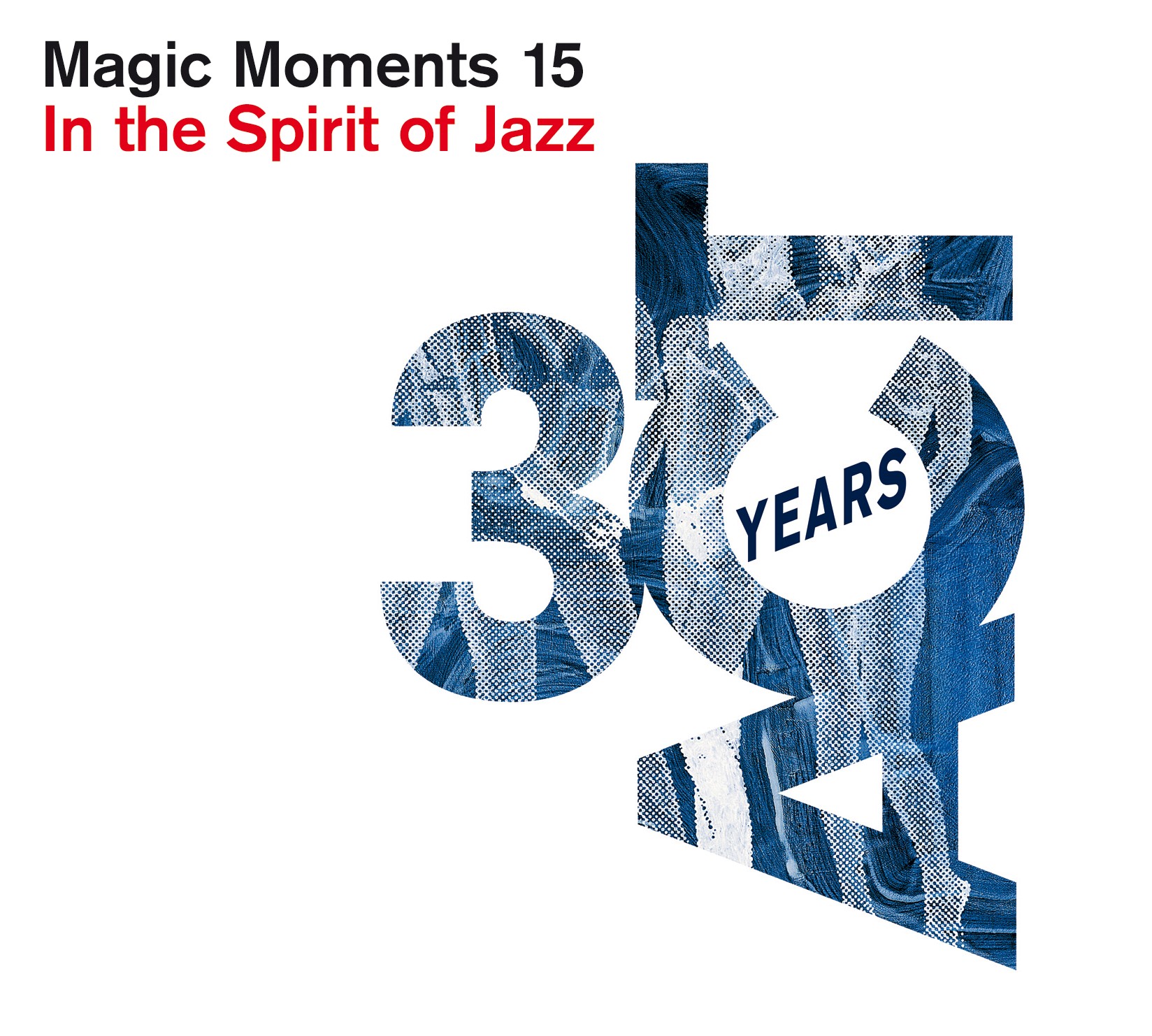Back
VÖ: 29.09.2023
Genre: Jazz
Júlio Resende / piano
Bruno Chaveiro / portuguese guitar
André Rosinha / double bass
Alexandre Frazão / drums
Special Guest: Salvador Sobral / vocals on 11
Recorded, mixed and mastered by André Tavares in June 2023, Timbuktu Studios, Lisbon Produced by Júlio Resende
"Júlio Resende has the profound ability to reinvent Portugal's trademark deep, emotional music through the piano," says the respected world music magazine Songlines of the Portuguese pianist/composer. Resende's concept of Fado Jazz is a perfect example of how jazz has become a global language for free musical expression – a concept which has been fundamental to ACT ever since its foundation over 30 years ago.
Júlio Resende has dedicated his new album "Sons of Revolution" to the Carnation Revolution of 1974 which brought freedom to Portuguese People and shaped their culture and society as it is today. The peaceful overthrow of dictator Salazar not only paved the way for democracy but also marked the end of colonial wars in Mozambique and Angola. "Without the revolution, I wouldn't even exist," says Júlio Resende. "My father is from Angola, he emigrated to Portugal after the revolution, and met my mother. The freedom to express myself is one of the dearest things to me, and jazz is the music that enables that the most – without any borders or restrictions."
That is why the idea of blending Fado and jazz was so natural from the beginning. And Resende’s pioneering work is gaining more and more recognition. "Funnily, it was the Fado musicians who liked the approach from the beginning. For them, Fado is a living art form, with deep roots, but constantly evolving. The jazz musicians took a little longer, but I notice that more and more of them dare to let their own traditions flow more into their music." And yet Resende's music does not merely adapt traditional songs, it thrives on his enchanting, melody-driven original compositions which perfectly embody the spirit of both worlds.
Nevertheless, there is one interpretation of a classic tune on the album – "Fado Ponciana for Ahmad Jamal", with which Resende for the first time does not bring jazz to fado, but vice versa. And the result sounds so light and natural, as if this connection had always existed.
"Sons of Revolution" features Resende's perfectly synchronized quartet of bassist Alexandre Frazão, drummer André Rosinha, and Bruno Chaveiro on the lute-like guitarra portuguesa. The interplay between Resende and Chaveiro – who is the highly sought-after accompanist of Fado luminaries such as Carminho or Ana Moura, as well as Resende himself – reveal a musical colour very rarely heard in jazz. The same goes for the guest appearance of 2017 Eurovision winner Salvador Sobral on the ballad „A Casa Dela / Her House“, who has a strong jazz background and roots in the Portuguese song tradition. All these exceptional yet organic connections reveal the essence of Júlio Resende's music: freedom, depth, emotional truthfulness and maximum expression.
Júlio Resende offers a vivid testimony to how deeply-rooted traditions have remained alive into the present day.
Bruno Chaveiro / portuguese guitar
André Rosinha / double bass
Alexandre Frazão / drums
Special Guest: Salvador Sobral / vocals on 11
Recorded, mixed and mastered by André Tavares in June 2023, Timbuktu Studios, Lisbon Produced by Júlio Resende
"Júlio Resende has the profound ability to reinvent Portugal's trademark deep, emotional music through the piano," says the respected world music magazine Songlines of the Portuguese pianist/composer. Resende's concept of Fado Jazz is a perfect example of how jazz has become a global language for free musical expression – a concept which has been fundamental to ACT ever since its foundation over 30 years ago.
Júlio Resende has dedicated his new album "Sons of Revolution" to the Carnation Revolution of 1974 which brought freedom to Portuguese People and shaped their culture and society as it is today. The peaceful overthrow of dictator Salazar not only paved the way for democracy but also marked the end of colonial wars in Mozambique and Angola. "Without the revolution, I wouldn't even exist," says Júlio Resende. "My father is from Angola, he emigrated to Portugal after the revolution, and met my mother. The freedom to express myself is one of the dearest things to me, and jazz is the music that enables that the most – without any borders or restrictions."
That is why the idea of blending Fado and jazz was so natural from the beginning. And Resende’s pioneering work is gaining more and more recognition. "Funnily, it was the Fado musicians who liked the approach from the beginning. For them, Fado is a living art form, with deep roots, but constantly evolving. The jazz musicians took a little longer, but I notice that more and more of them dare to let their own traditions flow more into their music." And yet Resende's music does not merely adapt traditional songs, it thrives on his enchanting, melody-driven original compositions which perfectly embody the spirit of both worlds.
Nevertheless, there is one interpretation of a classic tune on the album – "Fado Ponciana for Ahmad Jamal", with which Resende for the first time does not bring jazz to fado, but vice versa. And the result sounds so light and natural, as if this connection had always existed.
"Sons of Revolution" features Resende's perfectly synchronized quartet of bassist Alexandre Frazão, drummer André Rosinha, and Bruno Chaveiro on the lute-like guitarra portuguesa. The interplay between Resende and Chaveiro – who is the highly sought-after accompanist of Fado luminaries such as Carminho or Ana Moura, as well as Resende himself – reveal a musical colour very rarely heard in jazz. The same goes for the guest appearance of 2017 Eurovision winner Salvador Sobral on the ballad „A Casa Dela / Her House“, who has a strong jazz background and roots in the Portuguese song tradition. All these exceptional yet organic connections reveal the essence of Júlio Resende's music: freedom, depth, emotional truthfulness and maximum expression.
Júlio Resende offers a vivid testimony to how deeply-rooted traditions have remained alive into the present day.
"Júlio Resende does with fado, what Keith Jarrett did with jazz standards."- El País



